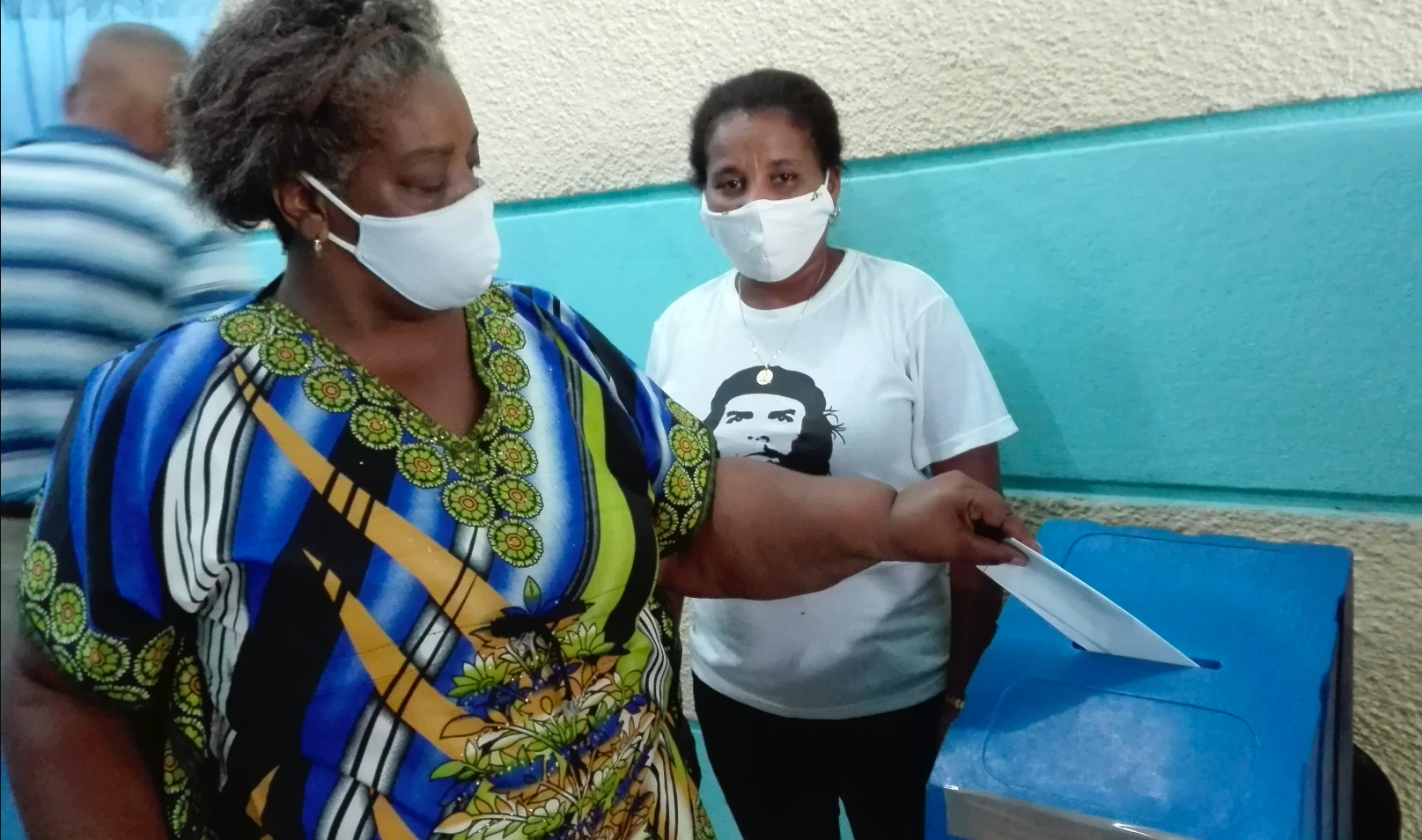In an unprecedented event due to its magnitude since the creation of the institutions of the People’s Power, the National Electoral Council (CEN) holds elections to fill vacant positions. These electoral processes have been carried out since February 2024 to elect delegates to the Municipal Assemblies of People’s Power (AMPP), due to the resignation of those who occupy those positions. The latest news in this regard was published on May 5 on the official account of the CEN on the social network X.
The procedure for filling vacancies in the AMPPs is simple and is established in the 2019 Electoral Law. When a position of delegate to the Municipal Assemblies of People’s Power becomes vacant, unless it occurs in the last six months of their term, it is filled for the remainder of this by election. The delegates to the current AMPPs were elected in 2022 until 2027, so there is still more than one semester left of their term of office. The assemblies of the People’s Power of each Cuban municipality are renewed every five years.
They or their presidents summon the voters of the corresponding constituency to elect a new delegate. It is the responsibility of the president of the AMPP to inform the Municipal Electoral Council of his decision, and the latter appoints the members of the District Electoral Commission (CEC) to carry out the election. In addition, the municipal council must request the list of electors who must participate in the election from those responsible for the electoral registry. Once the list has been updated, the CEC proceeds to its publication together with the biographies and photos of the candidates.
Despite these provisions, the procedures for filling the vacancies that have occurred since January are characterized by a lack of transparency. Firstly, there are no reports, at least not in digital format and open to the public, of the assemblies that should have been held to nominate candidates for delegates to the AMPPs. The members of the CEC acting in the candidate nomination assembly must prepare a minute within twenty-four hours.
This document must state the place, date, and time of the nomination meeting; the names of the CEC members who participated in the meeting; the number of electors in the nominating area and the number of attendees at the meeting; and the candidates nominated. The names and surnames of the nominated candidate, the proof that he or she accepted the nomination and the signatures of the CEC members must also be stated in the minutes. The opacity of these and other data violates the right of all persons to request and receive truthful, objective and timely information from the state.
Secondly, the organization of the voting has been even more obscure. There have been almost no press campaigns to solicit voter participation. Nor is there reliable and verifiable information on compliance with the legal requirement to publish candidates’ biographies in advance. Finally, reports on the development of the elections to fill vacant positions in the AMPPs are concentrated in the CNE’s social networks, but no data is provided on their results.
The organization Transparencia Electoral sent a request for information to the CEN on February 29. Its objective is that this body publishes the data related to the number of vacant positions of delegates to the AMPPs, in which municipalities and provinces these vacancies were registered, as well as the reasons given by the outgoing delegates for resigning their positions. Likewise, data was requested regarding the execution of the legal procedure to fill the vacant positions.
While it is true that the aforementioned irregularities and the lack of information are two fundamental problems in the filling of vacant positions in the AMPPs, the main political issue is another. The fact that these procedures have been going on for four months and the real possibility that they could go on longer, shows that the Cuban authorities have to face the constant departure of the municipal delegates of the People’s Power. This may be happening for two closely related reasons.
The first is the migration of such delegates. The position of municipal delegate of People’s Power is not salaried and does not usually generate economic or other benefits, so there are not many incentives to perform this responsibility. Rather, it represents an extra occupation that affects personal time management and the solution of individual concerns. Hence, leaving the country is an option to get rid of this reality.
The second is that the delegates to the AMPPs have very little capability to solve the day-to-day problems of their constituents. It is not attractive to function as a mere manager of local problems before the administrative and corporate bodies in charge of their solution, when the state’s incapacity to provide basic services such as garbage collection or water and electricity supply is remarkable.
The best example of this is the suspension for the second time of the accountability assemblies of the municipal delegates before their electors in January 2024. These assemblies were suspended in October 2023. Therefore, we may see more news about the filling of vacant positions in the AMPPs in the coming months. It does not seem that the authorities are able to solve the fundamental reason that favors the abandonment of the local positions of the People’s Power: the structural crisis of the political regime.
*Translated by Janaína Ruviaro da Silva from the original in Spanish.













